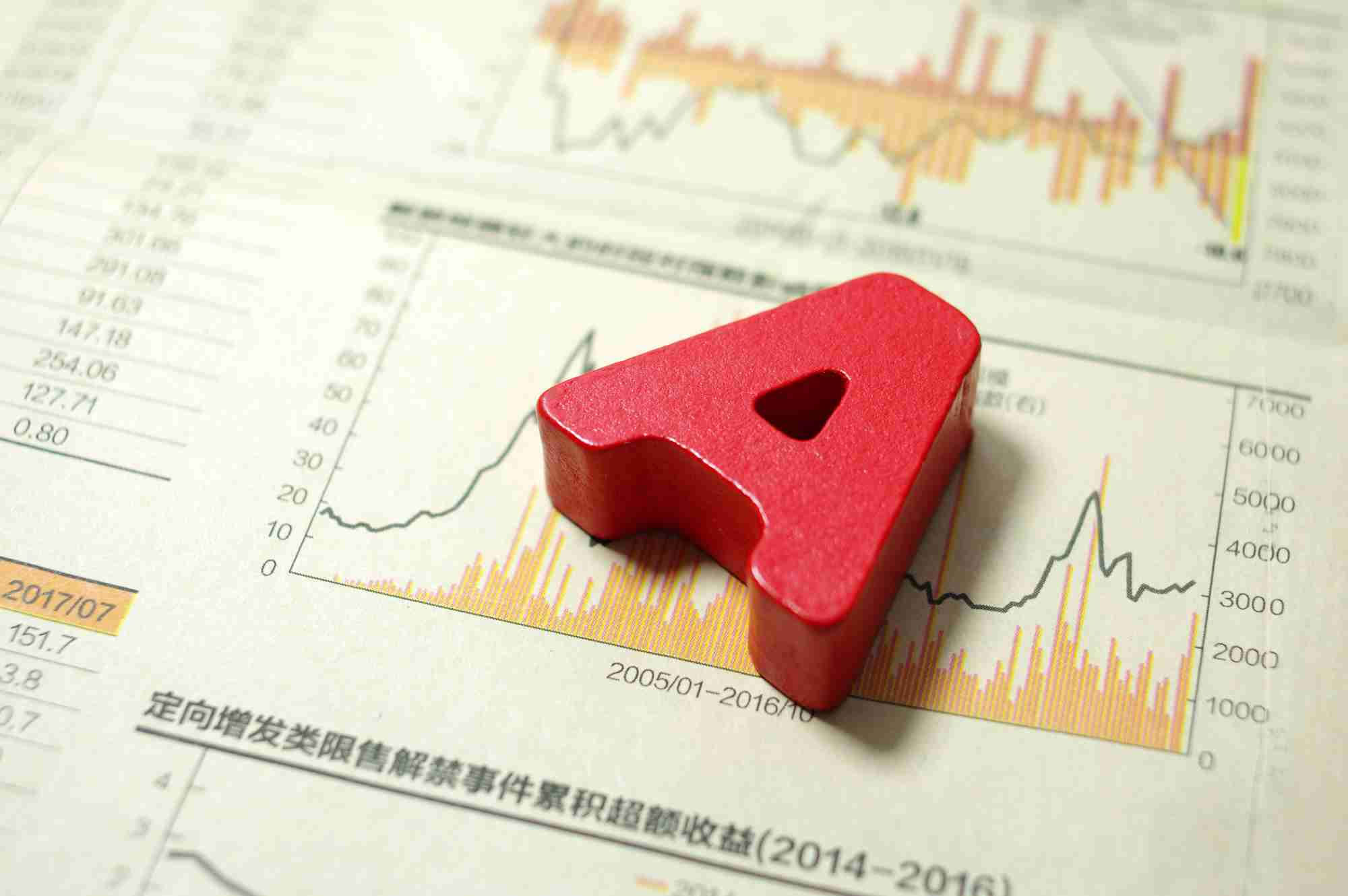
Business
10:12, 10-Jan-2017
Foreign demand for A shares to rise in 2017 – UBS
Updated
10:33, 28-Jun-2018

The volume of Chinese A shares traded by overseas clients is set to double in 2017, as China continues to liberalize its capital markets, according to a forecast by financial services company UBS Group AG on Monday.
The Swiss group’s projection of greater foreign participation in the A-share market was based on the low trading volume in 2016, a year of great volatility.
Senior analysts said the likely further opening up of the market, including the possible inclusion of A shares into the MSCI global benchmark index this year, will also stimulate foreign demand.
"The expectation of the MSCI inclusion and the strong fiscal expansion in the US under the Trump administration will likely push more overseas capital to flow into the A-share market," said Thomas Fang, head of China equities at UBS AG.

/CFP Photo
/CFP Photo
Meanwhile, the increasing demand by Chinese clients for overseas asset allocation will also create new business opportunities for UBS's onshore business in China, Fang said.
"While some bottlenecks still remain, we believe the overall policy stance is to support a two-way opening of the Chinese capital market and it will continue this year," he added.
Gao Ting, chief China strategist at UBS Securities, agreed that the A-share market would probably perform much better in 2017.
"The market will be supported by the expectation of improved profitability of listed companies," Gao said, noting that the CSI 300 index, which tracks some of the largest stocks in Shanghai and Shenzhen, will likely reach the level of 3,750 by the year end.

/CFP Photo
/CFP Photo
He predicted that the profitability of nonfinancial listed companies in the A-share market will increase by 4 percent while financial listed companies will see their profit rise by 6.8 percent in 2017.
But Gao warned that political uncertainties will be a major risk for investors in 2017. External factors including Brexit, the Trump presidency, as well as uncertainties in European elections will continue to affect investors' sentiments this year.
In China, the major risk for the stock market will be the potential shift of the current accommodative monetary stance by the Chinese central bank, Gao said.
"Any tightening of the monetary policies or greater than expected regulatory control to maintain financial stability could have a negative impact on market liquidity and investors' risk preference," he explained.
(Based on an original story by China Daily)

SITEMAP
Copyright © 2018 CGTN. Beijing ICP prepared NO.16065310-3
Copyright © 2018 CGTN. Beijing ICP prepared NO.16065310-3